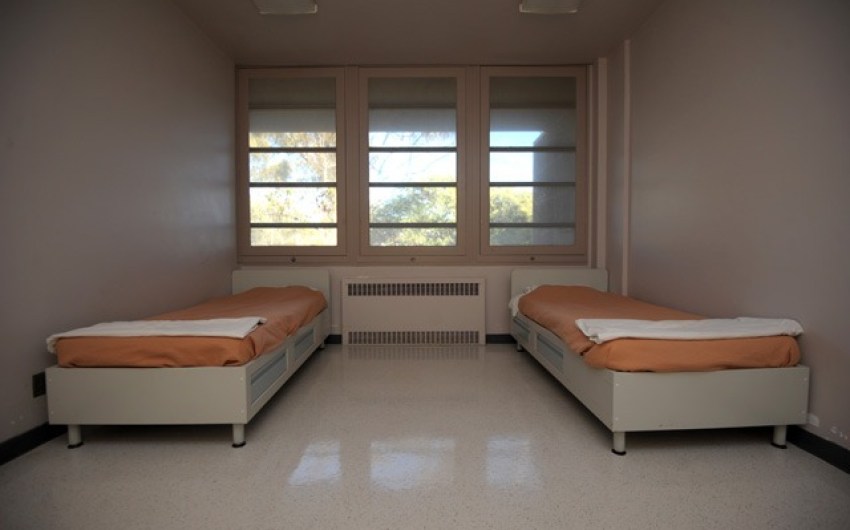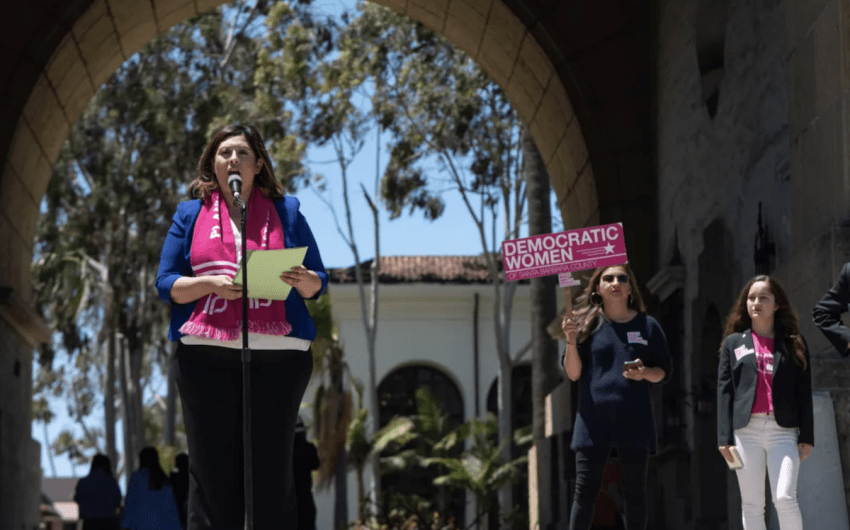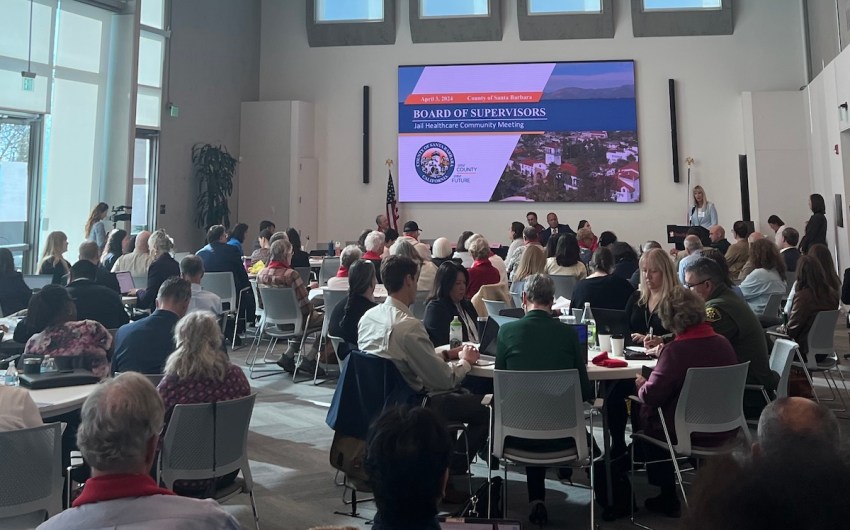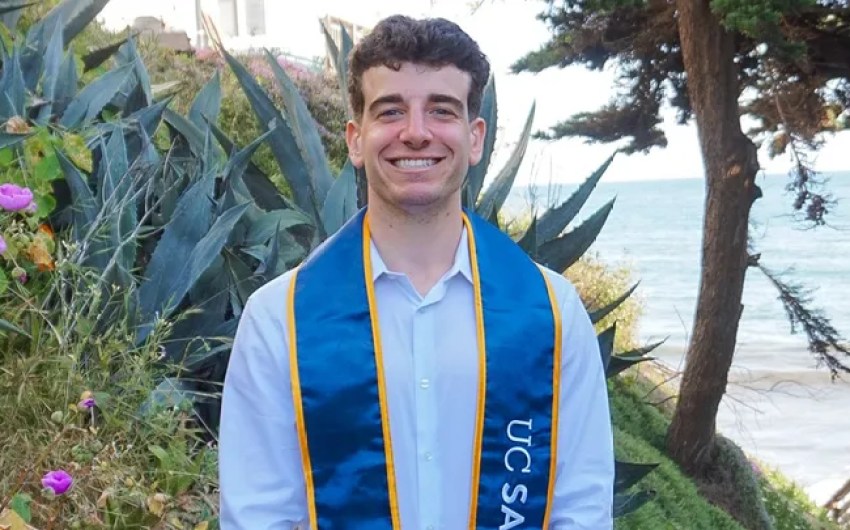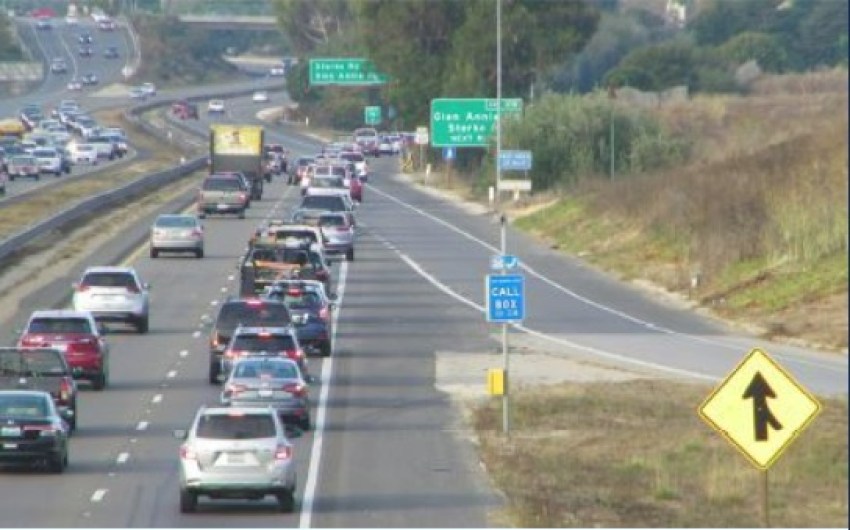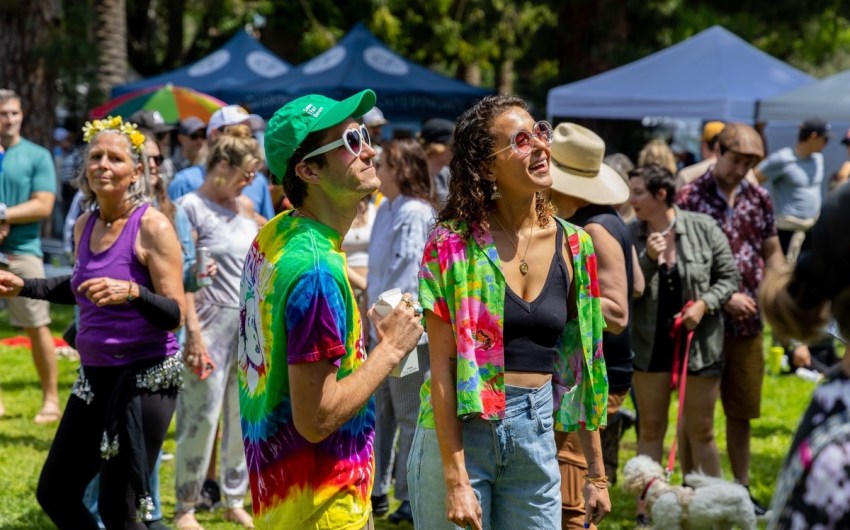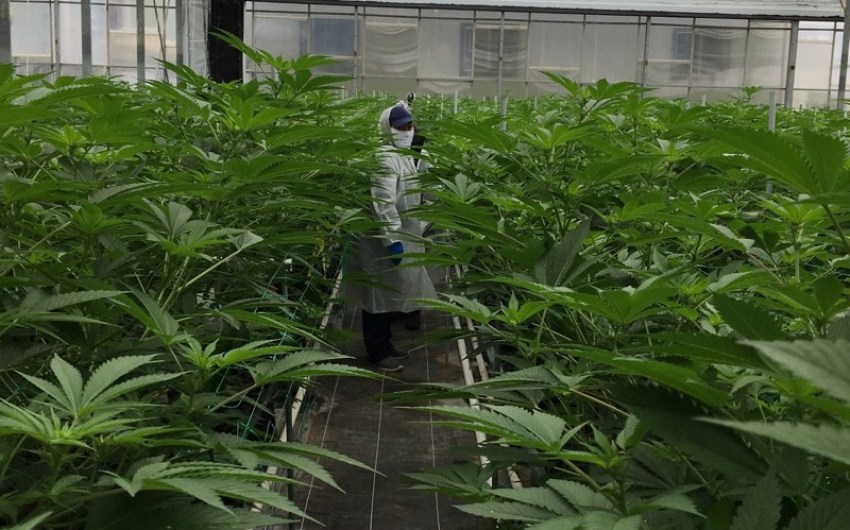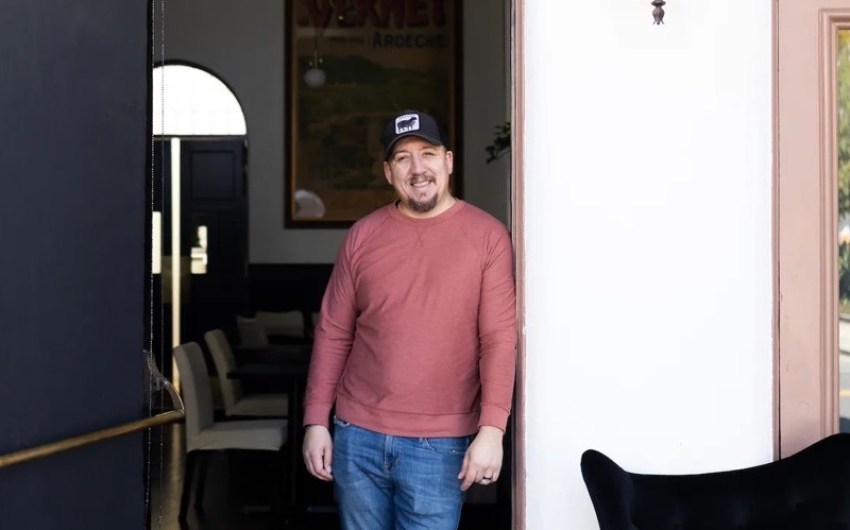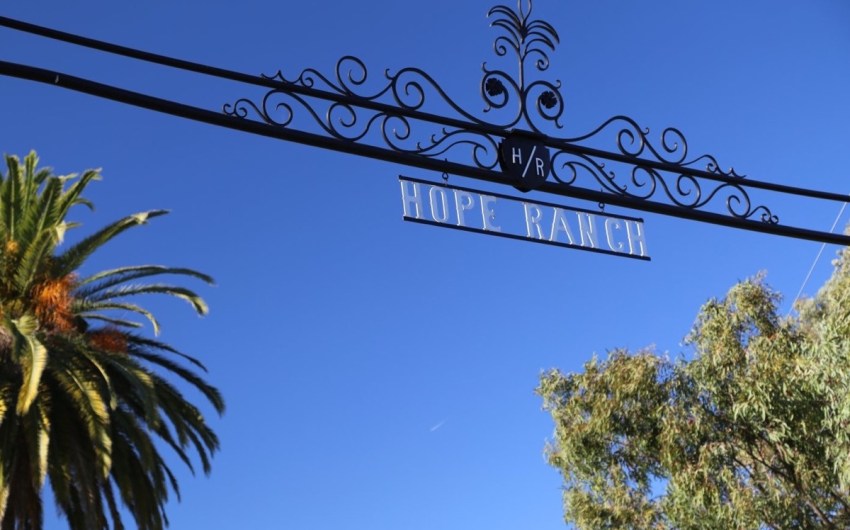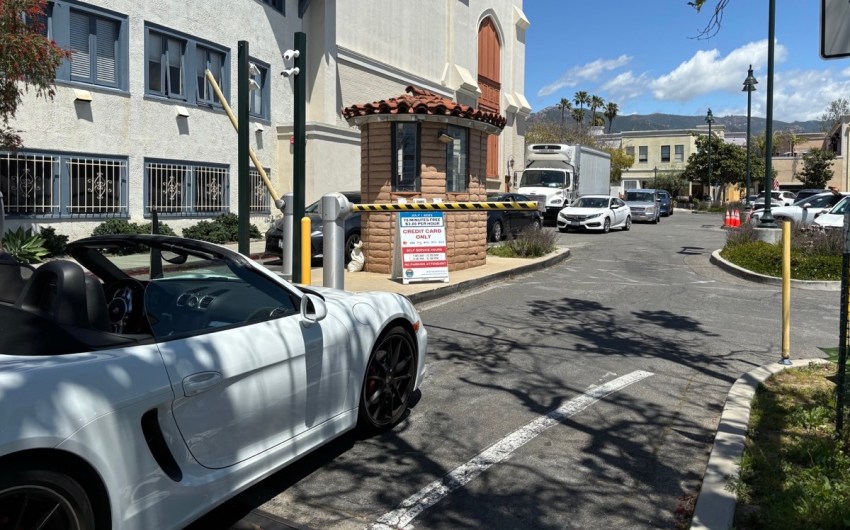Teen Social Well-Being Has Not Recovered Post-Pandemic, UC Santa Barbara Study Finds
Adolescents Report More Feelings of Disconnectedness, Negative Thoughts About Society
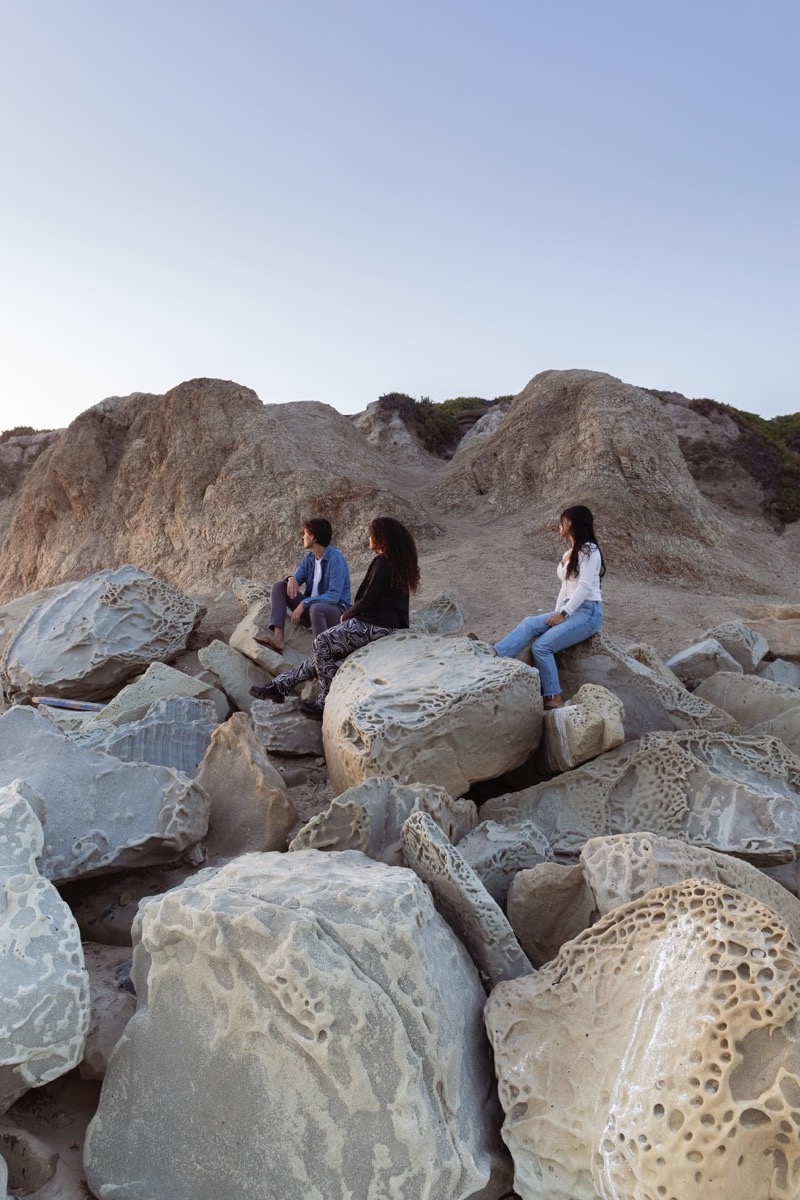
Lockdown and isolation put a damper on teenagers’ social well-being, and they have not yet recovered, a UC Santa Barbara study has found. Even after the pandemic loosened its tight grip on society, teens are still more cynical and disengaged than usual.
Social well-being measures how individuals feel about their relationships and connections within society. It plays an important role in youth mental health and can be diminished even without symptoms of depression and anxiety, according to the study published this month.
After lockdown, less than 20 percent of adolescents surveyed thought that society was a good place or becoming a better place — in contrast to the 33 percent who were optimistic in 2019 — which was especially disheartening, said Michael Furlong, professor emeritus of school psychology at the UCSB Gevirtz Graduate School of Education.
It seems safe to say that plenty of Americans have become disillusioned with society since the pandemic, if they were not already. But Furlong said that the low percentage of optimistic teens raises concerns for possible future cynicism and civic disengagement — like a pessimistic snowball effect.
Additionally, adolescents with lower levels of social well-being may be at risk for developing jaded attitudes about their social relationships and may be less likely to engage with sources of social support, researchers found.
From 2019 to 2022, Furlong and fellow UCSB professors Erin Dowdy and Karen Nylund-Gibson, along with Utah State University Assistant Professor Mei Ki Chan, conducted surveys of students in grades 7-12 in collaboration with a California school district.
These students’ social well-being was measured over a four-year period starting in October 2019. The survey assessed five main aspects: belonging to a community, recognizing people as basically good, contributing to society, understanding society, and feeling like society was a good space. Questions included rating statements like “I feel close to people at this school” on a scale of one to five.
Researchers found significant decreases in social well-being, and a concerning number of students failed to rebound to their pre-COVID optimism by 2022. In 2019, 45 percent of survey respondents said that they contributed to society daily or more often, compared to 31 percent who reported this sentiment in 2022.
Students with the strongest negative responses of not feeling engaged with society were labeled as “languishing” on the social well-being scale. These languishing students comprised 42 percent of the total in 2019 but increased to over 60 percent in 2020, 2021, and 2022.
It couples concerningly well with increased feelings of apathy, which can be seen in trends like the rise of chronic absenteeism in school districts such as Santa Barbara Unified.
Mental health professionals should be aware of the pandemic’s effects on the social well-being of adolescents, researchers said.
“Expanding positive service learning opportunities can help counter adolescents’ exposure to the toxic social dynamics they experienced during the pandemic,” said Dr. Furlong.
The study suggested that schools that include community service activities as graduation requirements could provide students the opportunity to be active contributors to their communities and feel appreciated by society.
“These results emphasize how important it is for students to feel like they belong and are making valuable contributions to society,” said Dr. Dowdy from the Department of Counseling, Clinical, and School Psychology at the Gevirtz School. “I’m hopeful that educators will stop and think about how to help students feel valued and that they matter, and to continue to work toward building a sense of community within their schools and classrooms.”
Teens and parents in Santa Barbara County can seek mental health resources from organizations such as YouthWell and AHA! Santa Barbara, as well as their school district.

